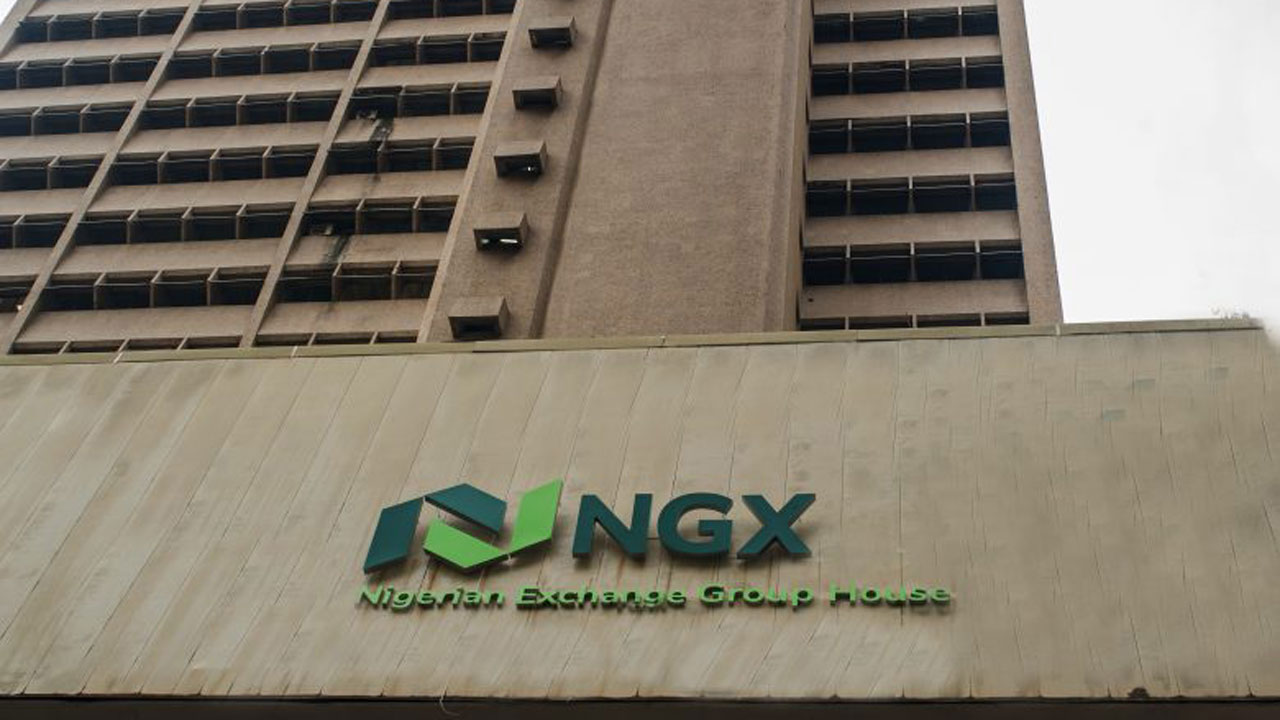In the forex market, the Nigerian naira raged against the US dollar, which dominated the market, and settled at N1, 072. Since the local currency was formally devalued in June 2023, it has been on its largest surge.
To maintain the stability of the local currency versus the US dollar, the British pound, and other foreign currencies, the Central Bank of Nigeria (CBN) has persisted in addressing the problem of foreign exchange availability. As the top bank reform continues to produce benefits, the exchange rate has quickly and decisively outperformed all optimistic projections at its present rate of increase.
For firms and small business owners that depend on imported commodities for profitable operations, the recovery of local currency offers optimism. The Naira’s conversion to the US dollar has been supported by decreased foreign exchange outflow.
According to data obtained from FMDQ Securities Exchange, the Naira appreciated by 6.57%, closing at ₦1,072.74 to the US dollar. In anticipation of the Central Bank selling US dollars to Bureau De Change (BDCs), the exchange rate at the official window had slightly decreased the day before, to ₦1,148.14 per dollar.
In the parallel market, the naira settled at ₦1,045 to the US dollar. CBN is expected to announce US dollar sales to currency traders in the alternative market. The CBN sold $10,000 to 1508 BDC operators at N1,101 during the most recent forex auction sales, capping their FX sales spread at 1.5%.
Analysts asserted that the authority’s resolve to maintain the value of the local currency by employing all forex injections to lessen the challenge of FX illiquidity in both the official and parallel markets was the cause of the drop in external reserves.
Despite increased foreign exchange inflows from foreign portfolio investors purchasing government borrowing instruments, Nigeria’s gross external reserves have dropped sharply to $32 billion.
In the global commodity market, oil prices experienced a notable downturn, characterized by a negative shift. Specifically, Brent crude saw a decline of 1.27%, settling at $88.87 per barrel, while WTI crude also exhibited a decrease, dipping by 1.24% to $84.30 per barrel.











